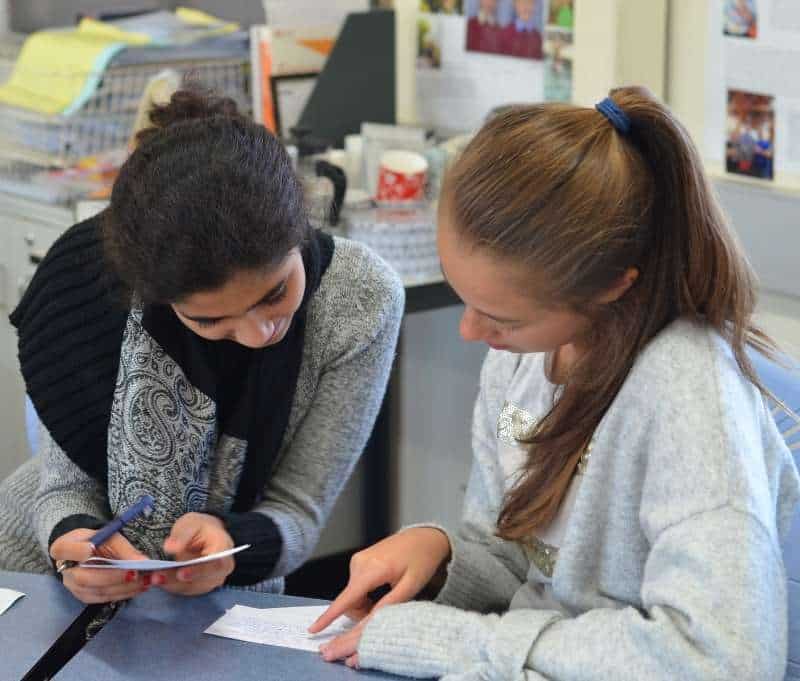The four key skills for raising resilient kids
8 June 2022
Being a kid is getting harder.
Think back just a decade ago. Facebook was a fledgling service (Snapchat and Instagram didn’t even exist), students felt less stressed about exams, no one really knew what the word ‘pandemic’ could entail and people were confident that the world would still need lawyers when someone finished high school.
How the world has changed. Social media pervades every area of modern life, academic stress is at all-time highs, we’re all extremely aware of the impacts of a real pandemic and around 40% of existing jobs are likely to be automated by 2030. And things are only set to become harder for our kids.
What can parents do to ensure the best possible future for their children?
The Four C’s for 21st Century Education
As the world becomes more automated, traditional service skills like reviewing documents, accounting and even computer coding will increasingly become the domain of algorithms.
It is therefore important that people, and in particular children, learn the important skills that will set them apart from increasingly clever computers. First proposed by the National Education Association in the US, the Four C’s for 21st Century Education represent the four most important skills students should walk away with after their formative years to ensure resilience in an everchanging world.
Those skills are:
- Critical thinking, which refers to using logic and reasoning to solve problems and make decisions;
- Creativity, which requires children to be able to think outside of the box;
- Collaboration, which involves working with others to reach common goals; and
- Communication, which relates to how students are able to express themselves (and listen) to other people.
Increasing Intergenerational Resilience
There are a number of ways that parents can help make their children more resilient to the uncertainties of the future.
First, parents can make sure they invest in their child’s education. This doesn’t just mean financially – it is important to invest time as well. Making an effort and taking an interest makes students better collaborators and communicators – just make sure to show them how to use the fishing rod rather than handing them the fish. This ensures they develop critical thinking skills as well.
Second, parents can challenge their children. Not in an aggressive or oppositional way – this can be quite harmful to their confidence. Instead, you should challenge them to back up their opinions, and help them develop into the type of person who can craft a persuasive argument. This can help develop their critical thinking, creativity and communication skills, and can be done anywhere from the classroom to the dinner table.
Third, you should encourage them to take part in activities that will help bolster these skills. Things like public speaking, and especially debating, are excellent for helping students develop all of these skills – students have to be collaborative when developing a team case, creative when devising arguments, logical when preparing what they’re going to say and persuasive in their delivery.
Whilst we may not be able to predict what the future holds, there are a few certainties – the world is going to change, employment is going to change, and traditional knowledge is not going to be enough to keep up. Helping our kids think critically, think creatively, collaborate with one another and communicate effectively is definitely a step in the right direction.
How we can help
Public speaking and debating encourage students to communicate their ideas in a persuasive manner, think critically about the world, and collaborate with others to develop creative points. Take a peek at our programs to see how our weekly term programs and intensive holiday programs can help improve your child’s resilience.



